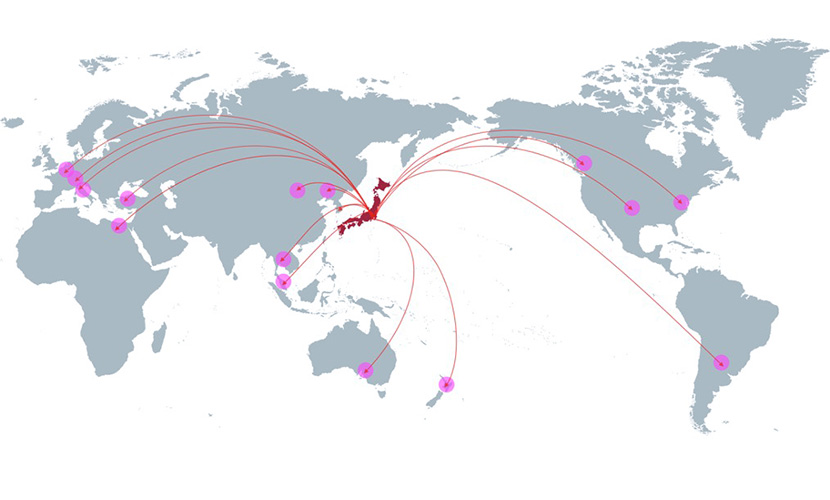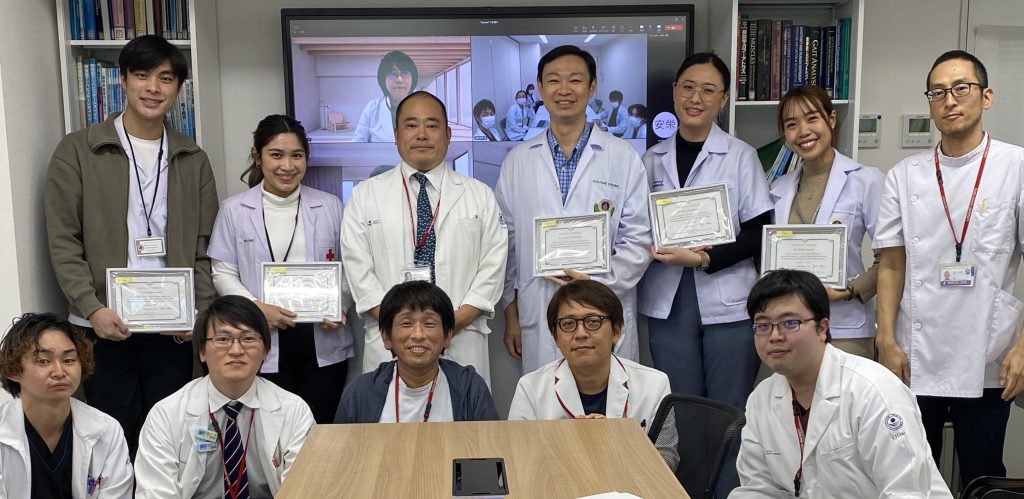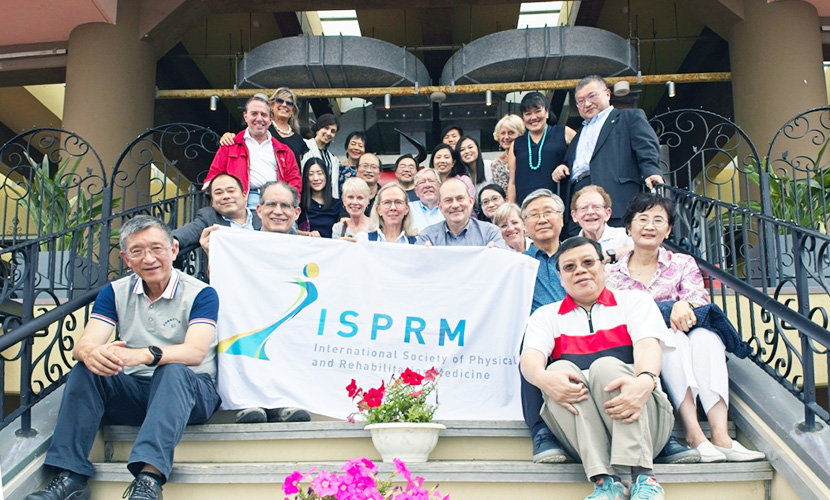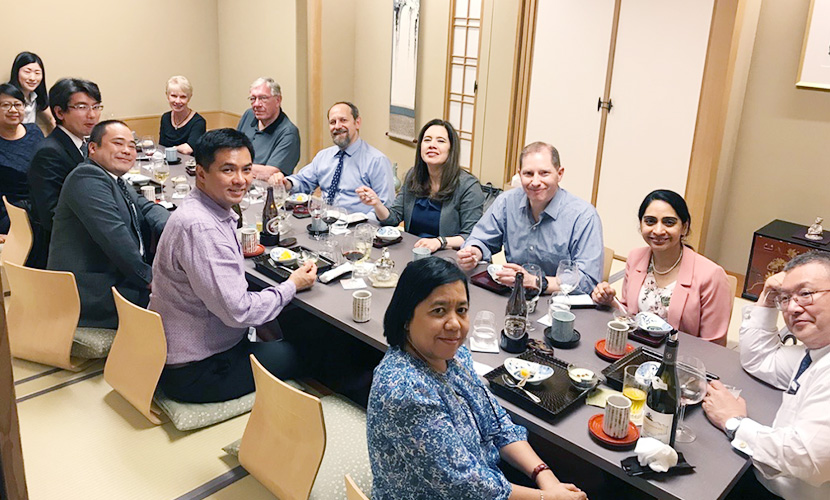1. Joint researches and collaboration with overseas institutions
We have collaborations with more than 20 institutions in the America, Europe, and Asia. In particular, we have a longstanding relationship with the Johns Hopkins University, where we are actively collaborating in the fields of swallowing rehabilitation and rehabilitation neurophysiology.

Major overseas collaborating institutions and universities
The major overseas collaborating institutions and universities include the Johns Hopkins University (USA), University of Munster (Germany), Spinal Cord Injury Center of Switzerland (Switzerland), University of Sao Paulo (Brazil), Chulalongkorn University (Thailand), Mahidol University (Thailand), Khon Kaen University (Thailand), Sirindhorn Rehabilitation Center (Thailand), Beijing Capital Medical University (China), Zhongshan University (China), China Medical University (China), Shanghai Health University (China), Seoul National University (Korea), University of California, Davis (USA), University of Wisconsin (USA), Northwestern University (USA), University of Alberta (Canada), University of British Columbia (Canada), Western University (Canada), University of Toronto (Canada), Soča Rehabilitation Center (Slovenia), and Sabanci University (Turkey).
2. Acceptance of trainees and students from overseas
We have been actively accepting a large number of short-term and long-term trainees, international students, and graduate students every year (10 people in 2022 and approximately 20 people in 2023). Active discussions in a multi-national and multilingual environment will facilitate to widen the viewpoints. Further, we are accepting many senior clinicians and researchers from overseas.

3. International conferences and studying abroad
In 2019, for the first time in 22 years, we hosted an international conference on rehabilitation medicine in Japan, the 13th World Congress of the International Society of Rehabilitation Medicine, chaired by Prof. Eiichi Saito. We invited many renowned people involved in rehabilitation medicine and exchanged knowledge.
We also support study-abroad programs on a regular basis. The main study-abroad destinations are Canada, the United States, and European countries. We not only inspire participation from different cultures, but also develop new projects in collaboration.



